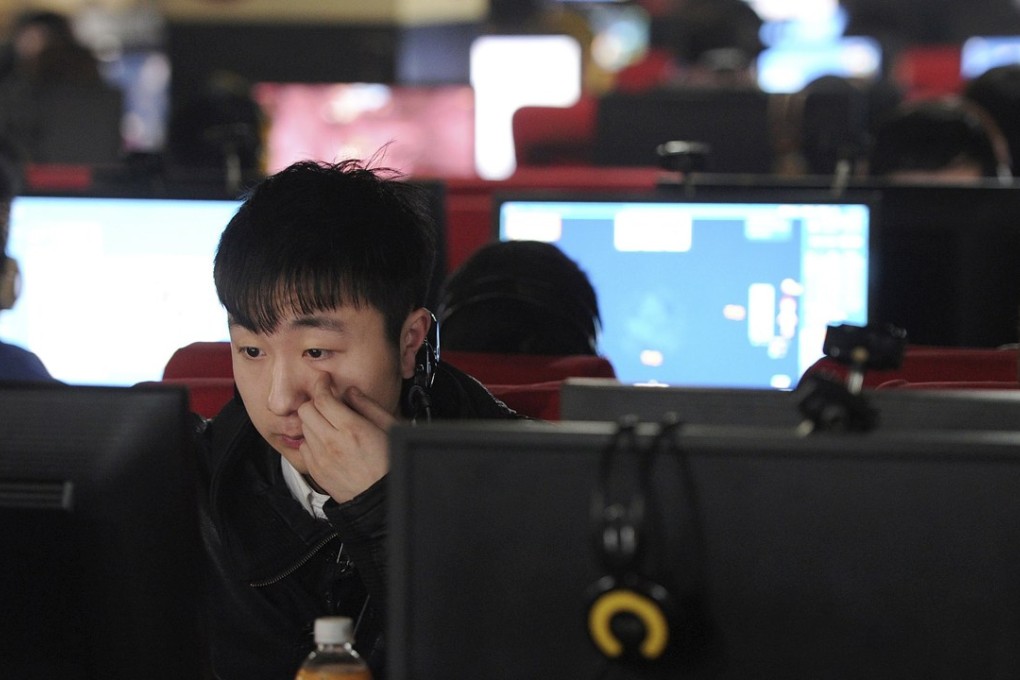Open debate and trial of Chinese video-sharing site Qvod an encouraging sign of mainland legal reform
Dong Lei says the case involving website executives raises the difficult question of internet governance but may also signal a welcome new norm of differing opinions in China’s state media

Debate on the trial involving executives from online video-sharing site Qvod, accused of distributing pornography, should focus on three questions: whether pornography should be censored; whether technology needs to be controlled by morality and politics; and how any controls would be implemented.
There are people who claim there should be no censorship in modern society; they are making knee-jerk mistakes. In good faith, they cannot really be against all possible censorship, however progressive they’d like to be.
READ MORE: Porn trial of online video-sharing service grips Chinese viewers
For example, we would not allow public duels to the death by consenting adults – otherwise we risk a descent towards anarchy. Left to its own devices, the public may choose disturbing forms of entertainment: is uncensored reporting of gory car crashes wise?
Pornography is effectively as obscene as a car crash because they both breach the dignity of our shared humanity. Making love in the privacy of one’s home celebrates human connection; a public spectacle of sex debases love and lowers our status to the mere animalistic. The same principle has been put forward by President Xi Jinping (習近平) in his speech on the general role of art in society.

And each country should, in accordance with its own particular conditions, be able to decide by itself – in an open and transparent manner and accounting for internationally tested principles – how it chooses to govern its internet space and technology in general.
